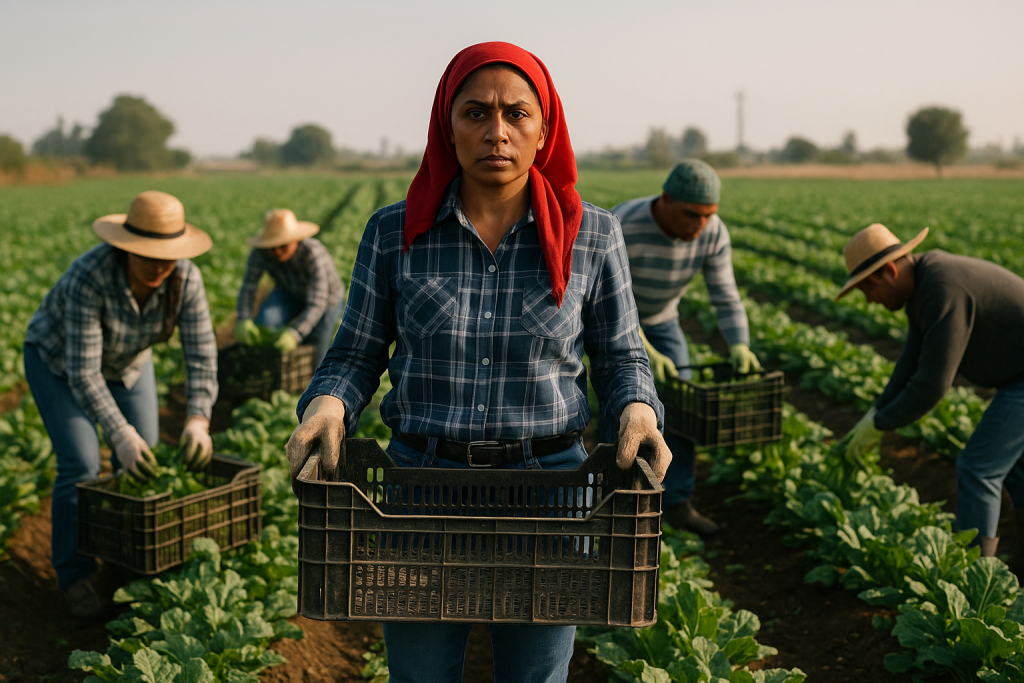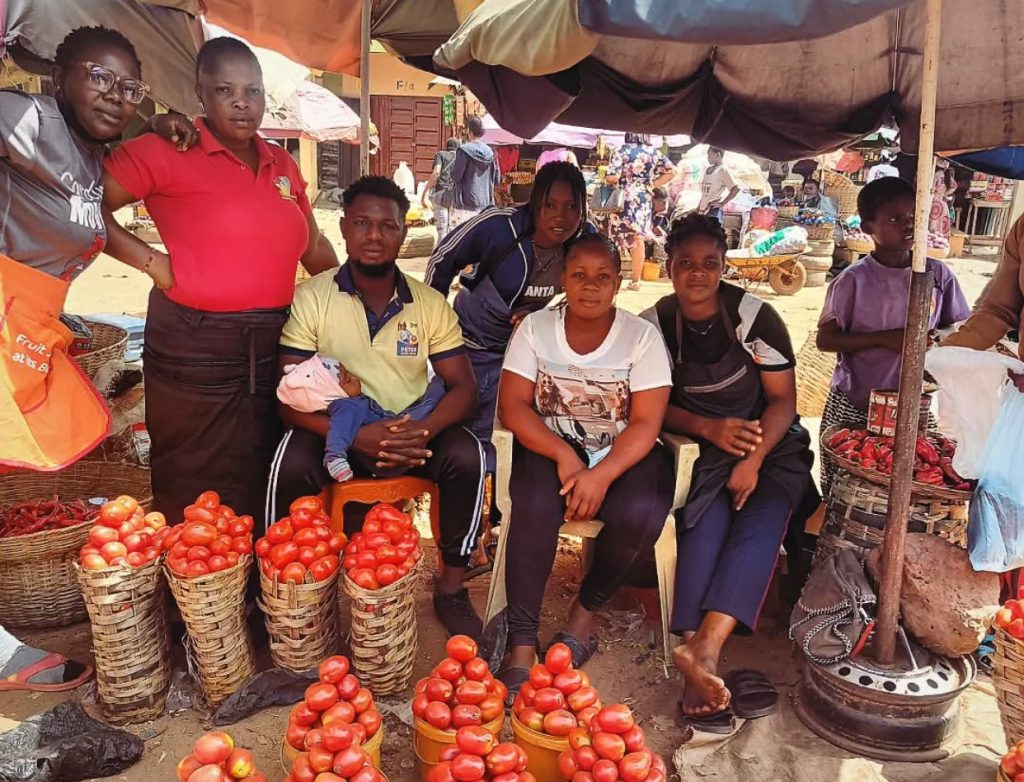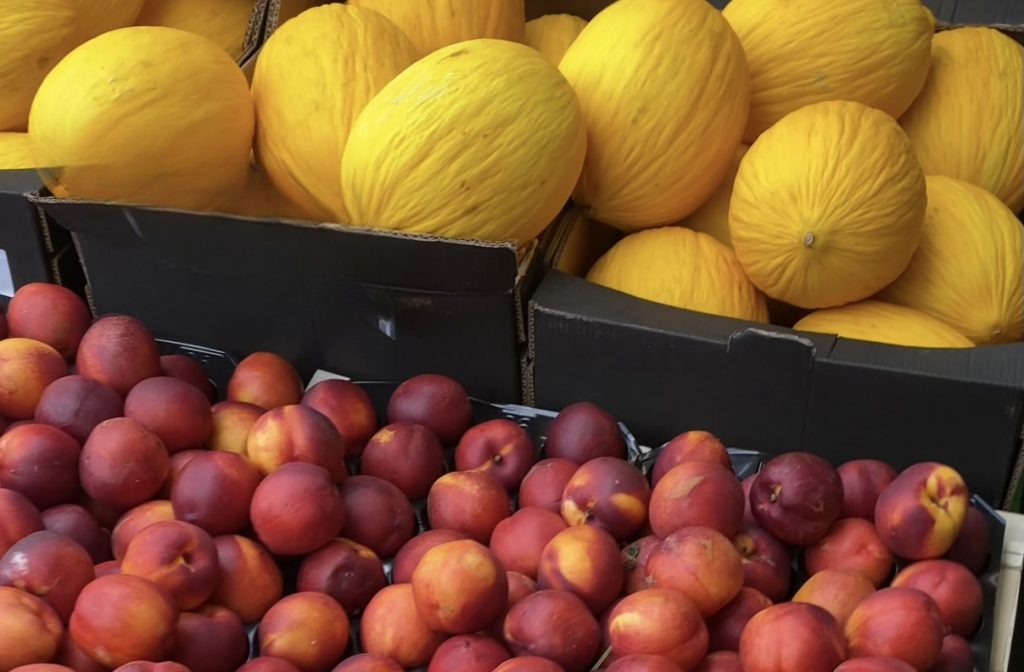Our Mission
OUR MISSION
At the Global Human Rights Centre (GHRC), we are committed to advancing human rights due diligence (HRDD) in agri-food systems supply chains worldwide. We believe that sustainable food systems cannot exist without the protection of human dignity, equity, and justice. Our mission is to provide evidence-based research, expert advisory services, and innovative frameworks that help governments, businesses, and civil society uphold human rights standards across every stage of agricultural production and trade.

We are to dedicated to advancing human rights due diligence across agri-food systems supply chains through a holistic set of research, advisory, and capacity-building services. Our work is grounded in the conviction that sustainable food systems must be built upon fairness, equity, and respect for human dignity. To achieve this, we deliver ten interlinked services that collectively drive transformation in global agriculture.

At the core of our approach is evidence-driven research, which provides a foundation for all of our activities. We undertake rigorous and independent studies that expose systemic challenges within agri-food supply chains, ensuring that responses are grounded in facts and lived realities. This commitment to credible knowledge allows us to provide stakeholders with actionable insights that move beyond rhetoric toward real accountability and reform.
Building on this research base, GHRC offers expert consultation on human rights due diligence (HRDD). We advise businesses, investors, and governments on embedding HRDD into their operations, aligning their practices with international frameworks such as the UN Guiding Principles on Business and Human Rights. Our consultation services are designed not only to ensure compliance with regulatory demands but also to cultivate a culture of responsibility and ethical leadership across agricultural systems.

Complementing this advisory role, we provide human rights risk assessment services. By mapping and analyzing risks that span from farms to consumer markets, we help stakeholders identify where violations are most likely to occur. These assessments cover key issues such as labour exploitation, wage fairness, land rights, and environmental justice. Through practical frameworks and risk management tools, we enable actors in the agri-food system to proactively prevent harm and strengthen resilience.
A central dimension of our work involves addressing gender-based violence in agri-food systems. Women and girls are disproportionately exposed to harassment, exploitation, and discrimination in agricultural labour and trade. GHRC is committed to shining a light on these abuses, designing interventions to prevent gender-based violence, and promoting gender equity as an essential element of just and sustainable food systems.
Recognizing the global nature of supply chains, we also focus on advancing global HRDD standards. Food systems cross borders, and accountability must do the same. GHRC works to harmonize due diligence practices internationally, helping bridge regional and policy gaps while promoting greater international cooperation. By building alignment across jurisdictions, we strengthen the transparency and fairness of global agri-food markets.

Our overarching aim is to build a just and sustainable future. We pursue this by combining evidence, policy engagement, and advocacy to ensure that food systems nourish the world without undermining human rights or environmental integrity. Through this service, GHRC helps shape pathways where livelihoods are protected, communities are resilient, and dignity is safeguarded.
Collaboration lies at the heart of this mission, and our Hand-in-Hand Initiative embodies this spirit. The initiative brings together farmers, local communities, governments, businesses, and civil society actors to co-create solutions to systemic challenges. By prioritizing co-creation and knowledge exchange, we ensure that those most directly affected by rights violations are central to the design of reforms and interventions.
To reinforce capacity across the sector, GHRC provides global HRDD training. These tailored programmes equip stakeholders at all levels — from agricultural workers to corporate executives and policymakers — with the skills and knowledge needed to implement human rights due diligence effectively. Our training initiatives are practical, adaptable, and designed to empower actors across the supply chain.
We also integrate a human rights approach to sustainability and climate change into our services. As climate change disproportionately affects vulnerable farming communities, we advocate for inclusive adaptation strategies that protect rights while fostering environmental resilience. By embedding human rights into sustainability frameworks, we ensure that climate action benefits rather than burdens the most marginalized.
Finally, GHRC champions the rights of rural minorities, including indigenous peoples, migrant workers, and other marginalized groups who are often excluded from decision-making in agri-food systems. We advocate for equitable land access, cultural recognition, and protections against discrimination, ensuring that rural minorities are not left behind in the pursuit of global food security.
Taken together, these ten services define GHRC’s comprehensive approach to advancing human rights in agri-food systems supply chains. By combining research, consultation, training, and advocacy, we are working to create global food systems that are not only productive and sustainable but also just, equitable, and grounded in respect for human dignity.
